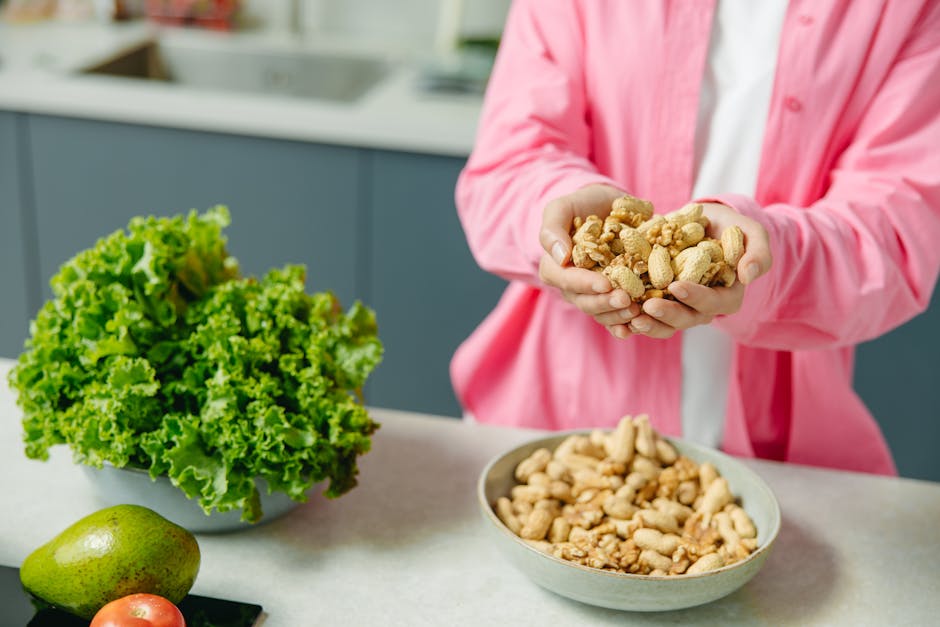Overview
Peanut shells are a surprisingly useful addition to your compost. They're a good source of carbon, helping balance the nitrogen from your greener scraps. Just remember to prepare them properly for best results.
Peanut shells are a great addition to your compost pile because they are a valuable source of carbon, aiding in the decomposition process.


Important characteristics to know about this item: